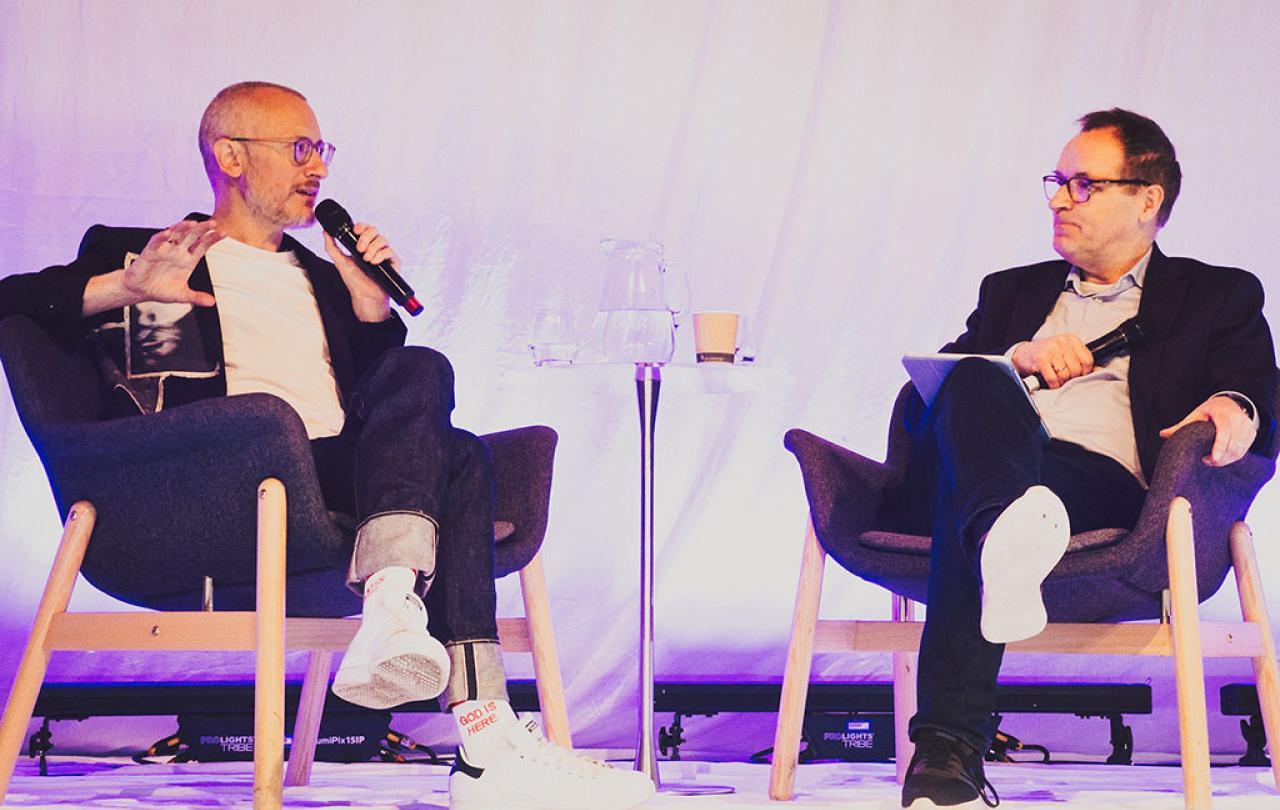The problem has not really gone away. If we ignore this question of legitimacy, we are at the mercy of raw power. Either we seek an authoritative means of unifying Christians, or it becomes a case of who happens to have the most cash, or the most Instagram followers. It has never been the case that the Church has just organically ‘met up’ without a protos, a first name on the team sheet. Indeed, when has this ever happened, in any sphere of life? It would be like a parliament forming without the invitation of the sovereign.
It is against this bigger problem that the rise of the Christian leader in Rome must be viewed. Rome was, of course, the centre of an Empire during the first few Christian centuries, but it quickly gained distinctly Christian prestige. St Paul’s letter to the congregations there continues to be one of the most sizzling documents in the New Testament; he was also martyred there, along with his fellow leader St Peter, one of the original Twelve. Rome was a big deal, and sources from as early as the first century show the leading clergyman (or ‘bishop’) of Rome, a man called Clement, being asked to weigh in on a dispute over 600 miles away from his locale.
For Catholics like me, it is clear the Church was onto something. It would go on to discover that there was more to the Bishop of Rome than merely his occupation of a well-to-do area. There would be a development. Many church doctrines, after all, are the result of reflection, Scriptural deep dives, and the need for clearer unified doctrine and practice - the Trinity, for example.
And the Bishop of Rome’s role developed in a particular setting: while the figure of the emperor loomed ever larger in the East, a parallel momentum would gather around the leading cleric of a city where St Peter had passed on his mantle. For St Peter had, after all, been singled out by Jesus in his earthly ministry. In the Bible, the Gospel according to St Matthew depicts Jesus giving “the keys to the kingdom” to his follower Simon, who he then renames ‘Peter’, meaning rock, upon which he vows to build his church. Not only this - Peter is to strengthen his brothers (St Luke 22:32); to feed the Lord’s sheep (John 21). The Bishop of Rome was increasingly thought to have this Peter-like quality.
Was this a bit of overreading, designed to give a senior cleric a Scriptural trump card to play against a secular leader in a petty power showdown? It is an accusation hard to shake off completely, sinful humanity being what it is. In the Middle Ages, a decree was conveniently ‘discovered’ by the Roman Emperor that handed over all his power to the Bishop of Rome, the new pontifex maximus - it was, of course, a complete phoney designed to assert church power over secular rulers. But for Catholics, despite patchy moments, there has always been more to be said for the Pope (from Papa, ‘father’) as a legitimate consolidation of Jesus’ vision for the leadership of the Church he founded: a brotherhood, headed by a type of St Peter, the rock on which the Church is built.
Not headed by St Peter’s successor as a flawless demigod, it should be said. For it is also part of Christian tradition about St Peter that he was capable of tremendous human weakness - he betrayed Jesus on the night of his arrest and trial, and denied he ever knew him. Some Popes have sadly been downright wicked or self-serving. Nor is it headed by the Pope as a tyrant. St Peter confirms early doctrinal pronouncements for the Church - he declares that food laws should not prevent Israelites from enjoying table fellowship with other ethnic groups, for example. But he is also frankly challenged by other leaders during early meetings in Jerusalem. The Pope teaches not as a lone ranger, but always within a bigger fraternity of fellow bishops.
In 2024, a Vatican department released a new document pondering what role the Pope could play in bringing together the separated brethren of world Christianity. I hope this offer is taken seriously. Because what remains compelling for Catholics is a figure who makes it possible, at the most foundational level, to say that the Church is One, as per Jesus’ prayer in John 17:21, and all without needing to rely on good digital marketing. It is not just pious sentiment for a Catholic to say that they are genuinely connected to a global family of as many as 1.4 billion people, because they share a pastor who claims to serve the whole thing, the ‘servant of the servants of God’. Any critique of the Papacy - and there are many intelligible ones, raking over the sordid moments or disputing the Scriptural evidence - must, though, rankle with that: what really keeps us together, then? The Catholic insistence has always been that saying ‘Jesus’ or ‘the Holy Spirit’ really amounts to saying: “what I think Jesus wants; what I think the Holy Spirit is saying” - and that is, in effect, actually many popes instead of just one.






